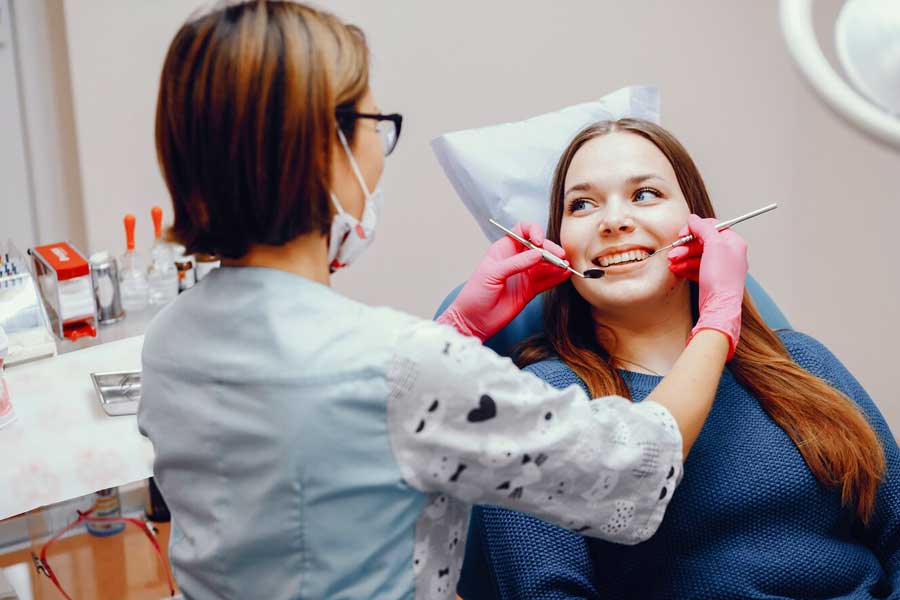
Maintaining proper mouth care is essential not only for preserving a beautiful smile but also for promoting overall health. Oral hygiene is the foundation of mouth care, and neglecting it can lead to serious health problems such as gum disease, tooth decay, and even conditions affecting the heart and lungs. By following a consistent and thorough oral hygiene routine, individuals can protect their teeth, gums, and overall health for years to come.
At the core of effective mouth care is regular brushing and flossing. Brushing your teeth twice a day with fluoride toothpaste is crucial for removing food particles, plaque, and bacteria that accumulate throughout the day. Plaque, a sticky film that builds up on teeth, can lead to cavities and gum disease if not removed regularly. In addition to brushing, flossing is equally important, as it removes debris from between the teeth and along the gumline—areas that a toothbrush cannot reach. Flossing helps prevent gum disease, which can start as gingivitis and progress to more severe forms if left untreated.
Beyond brushing and flossing, mouth care also includes professional cleanings and check-ups with a dentist. Regular dental visits, ideally every six months, allow for a thorough cleaning that removes plaque and tartar buildup, which can be difficult to remove with at-home care alone. During these visits, the dentist can also examine the mouth for any signs of cavities, gum disease, or other oral health issues. Early detection is key in treating problems before they worsen, making dental check-ups a vital component of mouth care.
Diet plays a significant role in oral health as well. Sugary and acidic foods contribute to tooth decay by feeding harmful bacteria in the mouth, which produce acids that erode tooth enamel. By minimizing sugary snacks and beverages, and opting for water, fruits, vegetables, and calcium-rich foods, individuals can help protect their teeth and gums. Drinking plenty of water throughout the day also helps to wash away food particles and neutralize acids in the mouth.
Another crucial aspect of mouth care is protecting the teeth from physical damage. Using a mouthguard during contact sports can prevent injuries such as broken or chipped teeth. Additionally, avoiding habits like chewing on hard objects or grinding teeth can save your teeth from unnecessary wear and tear. People who grind their teeth, especially at night, may benefit from wearing a nightguard to prevent damage.
Mouth care goes beyond the teeth and gums to include the overall health of the mouth, including the tongue and inner cheeks. Regularly cleaning the tongue, either with a toothbrush or a tongue scraper, helps remove bacteria and freshen breath. Additionally, staying hydrated is crucial for maintaining saliva production, which helps to cleanse the mouth and neutralize harmful acids. A dry mouth can increase the risk of cavities and gum disease, so it's important to address any issues related to dry mouth with a healthcare professional.
Furthermore, good mouth care can also improve self-confidence. A healthy, bright smile can have a positive impact on a person's self-esteem and overall well-being. Taking care of your mouth not only improves your health but can also boost your appearance and how you feel about yourself. Regular dental visits can include cosmetic treatments like teeth whitening or orthodontics, which further enhance the aesthetic value of your smile.
In conclusion, mouth care is essential for maintaining oral health and preventing a range of dental and health-related issues. By committing to daily brushing and flossing, regular dental visits, a healthy diet, and protecting the teeth from physical harm, individuals can ensure the longevity of their oral health. Investing in proper mouth care not only prevents future complications but also supports overall health and well-being, making it a crucial part of any healthcare routine.